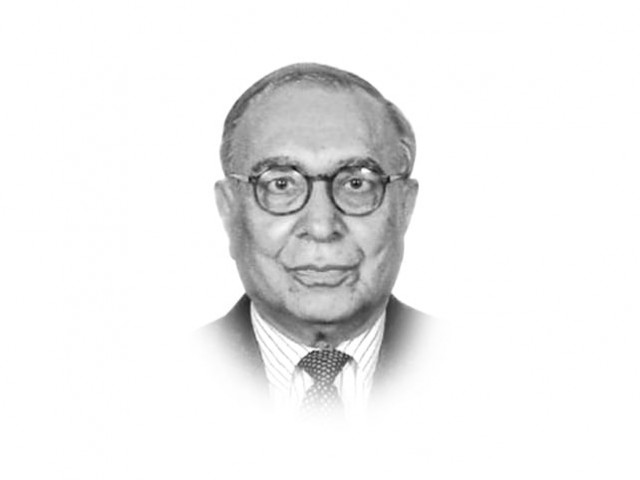Comparing Bahrain and Syria
Syria's case is different though, the sectarian factor may be contributing to gratuitous violence.

Bahrain was amongst the first Arab countries to follow Tunisia. This was understandable because its people had agitated for quite some time for representative institutions with some success. Bahrain and Qatar had stayed out of the merger of the Trucial States into United Arab Emirates, with Bahrain becoming a full-fledged kingdom in 2002. The majority Shia population was not averse to this elevation of Bahrain’s ruling family, which seemed more reassured and, therefore, more amenable to constitutionalism. Arguably, for the Shia of Bahrain, too, it became easier to resolve the so-called ‘loyalty issue’, something which had got heightened because of a few intemperate statements made in Iran in the wake of the Islamic revolution about Bahrain being its fourteenth province. This was a classic example of broad religious affiliations being misconstrued as political agenda. In the absence of a local cleric with the lofty status of ‘marjai’, the Shia of Bahrain had looked towards several towering scholars in Iraq and Iran, including the venerable Sistani and the erudite Khamenei for spiritual guidance. Probably, only in one case, that of Al-Mudarrasi, based in Iraq, the spiritual message occasionally developed political overtones. It is an essential thrust of the American policy in the region to inject hostility in Arab-Iran relations and the alleged Iranian interference in Bahrain is an obvious element in that policy. In the heady atmosphere of the ‘Arab Spring’, the opposition in Bahrain might have taken too hard a line and thus strengthened the hands of the hardliners in the government. The Gulf Cooperation Council (GCC) reinforcements sent to support the royal family have ostensibly stabilised the situation but with evidence of a harsher treatment of dissidents by the security forces. This is the downside of GCC assistance that would only add to the existing sense of sectarian discrimination.
The case of Syria is altogether different though, by now, the sectarian factor may be contributing to gratuitous violence in an otherwise highly sophisticated society. Through the centuries, Syria has been home to a bewildering variety of beliefs. Islam and Christianity have both historically contended with innovative heresies and fringe creeds. For Syrian Islam, right since the 9th century, the Alawites — originally known as Nusayris — have been difficult to swallow because they have assimilated Christian concepts such as Trinity and Hellenic influence that led to considering Hazrat Ali as divine, a heresy completely rejected also by Shia Islam. As in numerous other cases of imperial engineering in Muslim lands, the French adopted the Alawites and at one stage even toyed with the idea of carving out of Syria a separate homeland for them in return for perpetual loyalty. The community flourished educationally and economically. Part of it, from which came President Hafiz alAsad, did join the Syrian Baathist Party. Because of Asad’s strong secular orientation, some of his actions such as the brutal suppression of Hama in 1982 were seen more in political and less in religious terms. In the current phase of the ‘Arab Awakening’ in Syria, the regime has cracked down hard on areas with a distinct Muslim identity and conversely the attacks on security forces have mostly come from the same segment of population. A valid question today is whether the quest for democracy and freedom has now become a sectarian battle to terminate the Alawite dominance of the Syrian power structure.
Published in The Express Tribune, June 13th, 2011.
















COMMENTS
Comments are moderated and generally will be posted if they are on-topic and not abusive.
For more information, please see our Comments FAQ